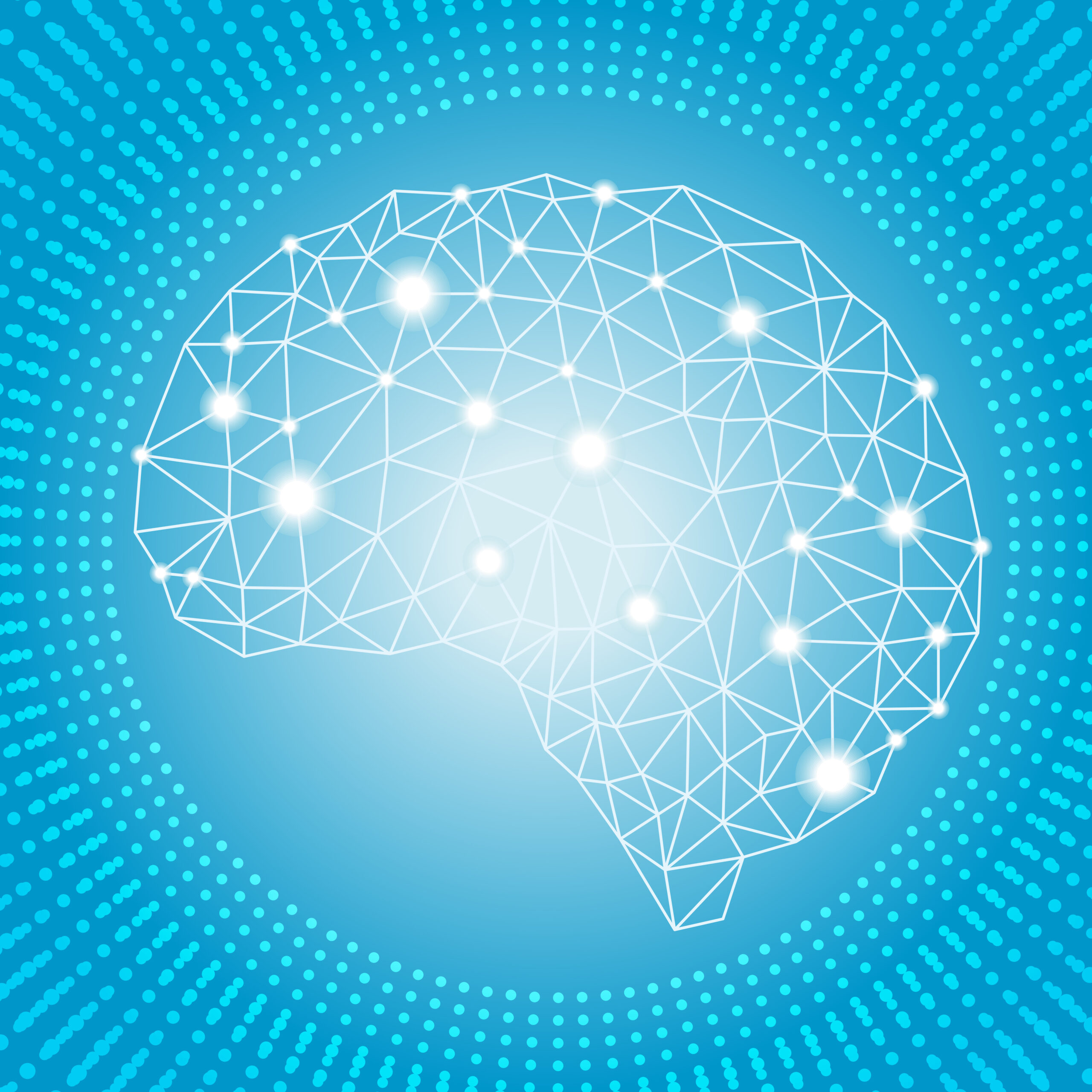How we are already living in yesterday’s future
Written by Shawn Zhu, September 24, 2024
Understanding AI ethics is crucial in today’s rapidly evolving technological landscape. The ethical implications of AI extend far beyond mere algorithms: they touch upon fundamental questions about fairness, accountability, and the impact on society. As artificial intelligence’s scope and magnitude protrude into our daily lives, the importance of AI ethics cannot be overstated. Even I am currently writing most of this article with the help of AI! The technology has advanced so fast and far in the past couple of years.
Prioritizing AI ethics is not just a moral obligation but essential for fostering innovation that aligns with societal values. In a world where technology shapes our future, understanding and implementing AI ethics is not just important—it’s imperative for a sustainable and equitable tomorrow.
The Impact of AI
Bias in artificial intelligence is a pressing issue that cannot be ignored, especially as AI surveillance becomes more prevalent in our daily lives. This technology, while powerful, often reflects the inequalities and discrimination present in the data it learns from. The ethical considerations in data collection are paramount; if we fail to address these biases, we risk perpetuating harmful stereotypes and reinforcing systemic inequalities.
Data privacy issues further complicate the landscape. As organizations collect vast amounts of personal data to train their AI systems, the question of personal data protection arises. Are individuals aware of how their information is being used? Are they given a voice in how their data contributes to AI algorithms? Are organizations themselves even aware of how they use the information? Without transparent practices and robust protections, we open the door to misuse and further discrimination.
In 2018, Cambridge Analytica and Facebook faced widespread backlash for their roles in a major data privacy scandal. Cambridge Analytica, a political consulting firm, had unlawfully obtained the personal data of 87 million Facebook users through a third-party app. This app not only collected information from its own users but also accessed data from their friends—who were never informed. The firm then used this data to create voter profiles, influencing political campaigns, including the 2016 U.S. Presidential Election. The incident sparked public outrage over the breach of privacy and raised serious ethical concerns about data collection practices and whether companies using personal information is beneficial or harmful.
The Role of Governments in Regulating AI
Ethical frameworks established by governments can serve as essential guidelines for developers and companies working in the AI space. These frameworks can address critical issues such as data privacy, bias in algorithms, and accountability in decision-making processes. Examples include the EU AI Act, which started the push to reduce the negative effects of AI systems. They regulate deployment and development by gauging the health, safety, and risk to human rights whilst also fostering innovation. By working together, the EU created a unified approach that promotes ethical standards, ultimately benefiting Europeans in ensuring the single market stays.
What Now?
In conclusion, as we stand on the brink of unprecedented innovation, we must prioritize the values that uphold human dignity and equity, because AI’s magnitude will only grow in the coming years. To navigate this rapidly changing landscape responsibly, we must ensure that ethics are at the forefront of our development processes.
Let us advocate for a future where technological advancements are guided by principles that promote fairness, inclusivity, and accountability for everyone involved.
Image from Vecteezy.com

Leave a Reply